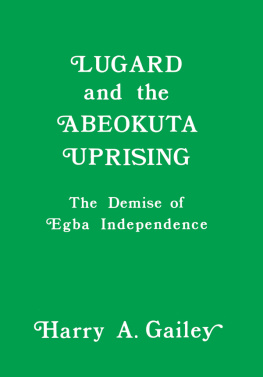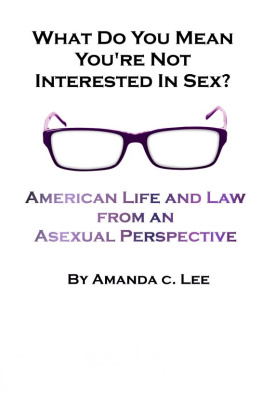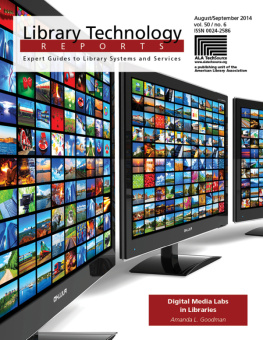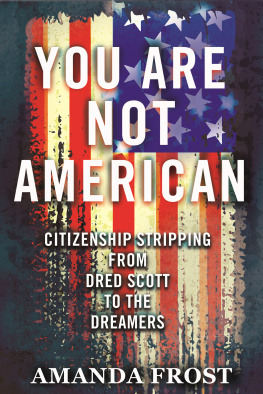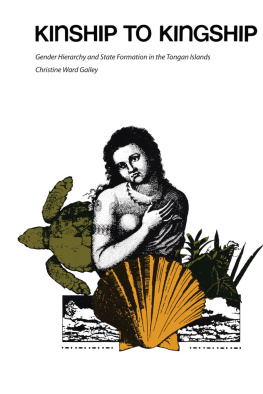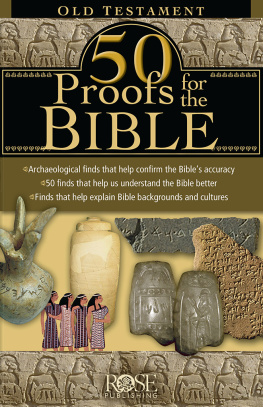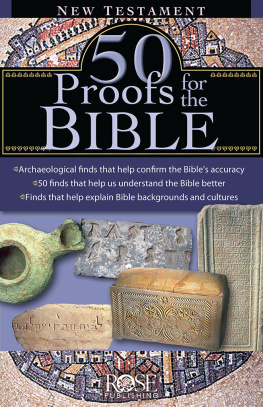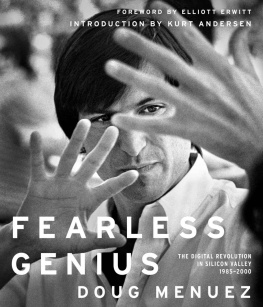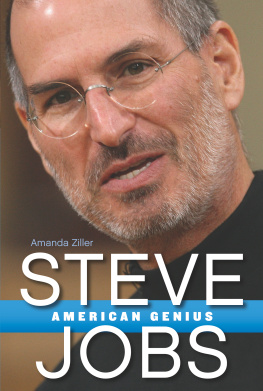Amanda Gailey - Proofs of Genius: Collected Editions from the American Revolution to the Digital Age
Here you can read online Amanda Gailey - Proofs of Genius: Collected Editions from the American Revolution to the Digital Age full text of the book (entire story) in english for free. Download pdf and epub, get meaning, cover and reviews about this ebook. year: 2018, publisher: The University of Michigan Press, genre: Art. Description of the work, (preface) as well as reviews are available. Best literature library LitArk.com created for fans of good reading and offers a wide selection of genres:
Romance novel
Science fiction
Adventure
Detective
Science
History
Home and family
Prose
Art
Politics
Computer
Non-fiction
Religion
Business
Children
Humor
Choose a favorite category and find really read worthwhile books. Enjoy immersion in the world of imagination, feel the emotions of the characters or learn something new for yourself, make an fascinating discovery.
- Book:Proofs of Genius: Collected Editions from the American Revolution to the Digital Age
- Author:
- Publisher:The University of Michigan Press
- Genre:
- Year:2018
- Rating:3 / 5
- Favourites:Add to favourites
- Your mark:
- 60
- 1
- 2
- 3
- 4
- 5
Proofs of Genius: Collected Editions from the American Revolution to the Digital Age: summary, description and annotation
We offer to read an annotation, description, summary or preface (depends on what the author of the book "Proofs of Genius: Collected Editions from the American Revolution to the Digital Age" wrote himself). If you haven't found the necessary information about the book — write in the comments, we will try to find it.
Amanda Gailey: author's other books
Who wrote Proofs of Genius: Collected Editions from the American Revolution to the Digital Age? Find out the surname, the name of the author of the book and a list of all author's works by series.
Proofs of Genius: Collected Editions from the American Revolution to the Digital Age — read online for free the complete book (whole text) full work
Below is the text of the book, divided by pages. System saving the place of the last page read, allows you to conveniently read the book "Proofs of Genius: Collected Editions from the American Revolution to the Digital Age" online for free, without having to search again every time where you left off. Put a bookmark, and you can go to the page where you finished reading at any time.
Font size:
Interval:
Bookmark:
 Page i
Page i Proofs of Genius
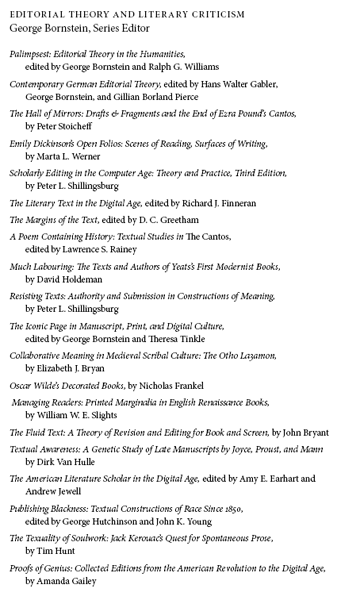 Page ii Page iii
Page ii Page iii Amanda Gailey
University of Michigan Press
Ann Arbor
Copyright by Amanda Gailey 2015
Some rights reserved

This work is licensed under the Creative Commons Attribution-Noncommercial-No Derivative Works 3.0 United States License. To view a copy of this license, visit http://creativecommons.org/licenses/by-nc-nd/3.0/ or send a letter to Creative Commons, 171 Second Street, Suite 300, San Francisco, California, 94105, USA.
Published in the United States of America by
The University of Michigan Press
Manufactured in the United States of America
2018 2017 2016 2015 4 3 2 1
A CIP catalog record for this book is available from the British Library.
DOI: http://dx.doi.org/10.3998/dcbooks.13607059.0001.001
ISBN 9780-47207275-0 (hardcover : alk. paper)
ISBN 9780-47205275-2 (pbk. : alk. paper)
ISBN 9780-472121267 (e-book)
For Leo
who dislikes sentimental dedications
I am indebted to many people who were generous with their time and support as I wrote this book. Kenneth M. Price offered crucial advice in the early stages, and he and Susan Belasco read the whole draft, making invaluable suggestions. George Bornstein offered a careful reading and encouragement. Thomas Dwyer, formerly of the University of Michigan Press, encouraged me to expand the scope of the book to its current form. My experience years ago working on the Whitman Archive first led me to think about the history and significance of editing, and the Archives resources were later critical to thinking through Whitmans complex relationship to literary collection. The staff and affiliated faculty of the Center for Digital Research in the Humanities at the University of Nebraska-Lincoln have been continually helpful in consulting about digital editing. I especially thank my friends and colleagues Elizabeth Lorang, Andrew Jewell, Brett Barney, and Katherine Walter for their support.
Portions of some of these chapters were presented at the Society for Textual Scholarship, where I received valuable feedback and encouragement: in particular, Martha Nell Smith and Peter Shillingsburg offered comments and queries that helped shape the direction of the chapter on Cold War editing. Additionally, Bethany Nowviskie, Amy Earhart, Ed Folsom, and Melissa Homestead answered crucial questions, and Jerome McGann made very helpful suggestions that strengthened the final chapter in particular. My readers for the University of Michigan Press gave extremely helpful feedback. The Peoria Public Library sent me scans of a fascinating document in their special collections, and Leo D. Blake of the Walt Whitman House sent me materials that helped me understand Whitmans difficulties with his tomb. ACKNOWLEDGMENTS
Page viii Most of all, I thank my daughter, Millie, and son, Ned, who patiently cooperated as their mother finished this book; my parents, Jerry and Vicky Gailey, who were continually supportive; and my husband, Leo Iacono, who read it again and again.
Page ixThis book originates from my interest in the history of literary editing, particularly in how it has shaped my own field of American literature. How has the way we organize, package, and represent literature impacted the culture in which it is produced? The subject of editing seems straightforward, and to its critics even dry, in magazines or books for the first time, consultants who improve the readability of a work, scholars who treat historical materials, and so onediting is really a broad term that includes a range of labor that has grown increasingly specialized, from the early stationers who edited, printed, and sold books in one shop to the highly segmented scholarly and commercial markets of today. But through the radical transformations of the American literary marketplace from the eighteenth to the twenty-first century, one kind of editing has held firm as the gold standard, as the way we assert the lasting value of an author and his or her works within the canon: the creation of collected editions.
From the earliest days of the Republic when printer Francis Bailey helped produce a collected edition of Philip Freneau, the Poet of the Revolution, to the digital age, when scholars at research universities collaborate to create a dynamic and ever-growing collected edition of the works of Walt Whitman, collected editions have powerfully but for the most part silently helped shape the way authorship and textuality have been viewed in the American cultural imaginary. This book examines how collected editions Page 2 have helped shape American literature, erecting monuments to individual people on the cultural landscape. My study does not attempt to be comprehensive, but instead examines several important periods and cases in the development of the genre within the American national context. In doing so it looks at how representative authors, editors, publishers, and readers have used the collected edition to build national and regional cultural identity, to assert intellectual property, to market books, to construct feminized and private literary marketplaces, to manage authorial reputation, to influence the humanities, and to construct the field of digital literary scholarship. A more encyclopedic, international examination of the collected editiona massive undertakingwould also be valuable to book history, but my focus on American collected editions allows this study to more clearly examine the way the genre has functioned within a specific national literary economy, helping to forge an American literary canon and providing an aspirational standard for professional and amateur authors, as well as publishers and editors, as those roles were becoming defined and redefined. This introduction will describe the books working definition of collected edition, discuss how the concept of genius provided a motivation for many of the volumes, and offer a brief overview of how the collected edition has helped build a national literary identity.
Historical shifts in the genre of the collected edition demand that any wide-ranging study work with a flexible understanding of the form. Except when they provide illuminating examples, I have omitted collected editions of theological, political, and historical materials, limiting this study to literary texts. Even with that limitation, I find collected edition tricky to define. Today we think of collected editions as complete collections of a single authors writings (with writings itself being a fraught category with nebulous boundaries) professionally published after his or her death. But almost none of the features in this definition have been historically obligatory: some collected editions were conspicuously incomplete (usually omitting works that were deemed so minor as to not affect the editions comprehensiveness), sometimes they collected works by more than one author, sometimes they were published while the author was still alive and productive, and sometimes they were published by friends, family, enemies, or the author himself.
Even though there are few characteristics that all collected editions have Page 3 in common, and certainly none that can be considered the essence of the collected edition, they tend to share several of the following overlapping features: a large gathering of texts, published as a single entity or uniformly bound set of volumes, centered around the identity of an author, purporting to be comprehensive, and edited posthumously or at the end of an authors career. Despite variability, something about these volumes seems to bind them together as a literary form, and because of the variability of the collected edition, the form has been flexible and responsive to developments in authorship, printing technology, and intellectual property.
Next pageFont size:
Interval:
Bookmark:
Similar books «Proofs of Genius: Collected Editions from the American Revolution to the Digital Age»
Look at similar books to Proofs of Genius: Collected Editions from the American Revolution to the Digital Age. We have selected literature similar in name and meaning in the hope of providing readers with more options to find new, interesting, not yet read works.
Discussion, reviews of the book Proofs of Genius: Collected Editions from the American Revolution to the Digital Age and just readers' own opinions. Leave your comments, write what you think about the work, its meaning or the main characters. Specify what exactly you liked and what you didn't like, and why you think so.


